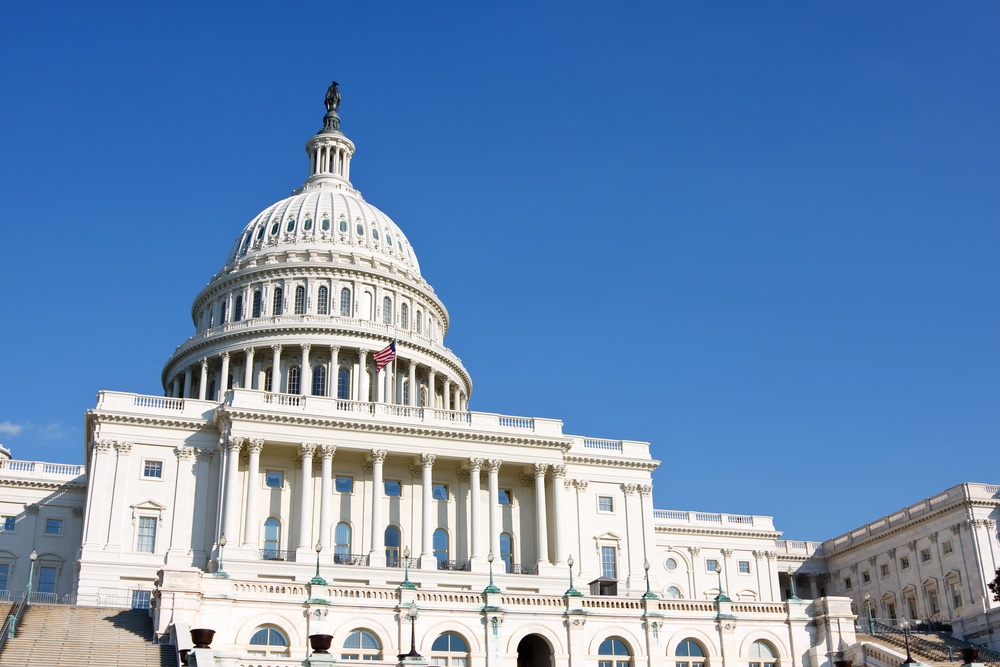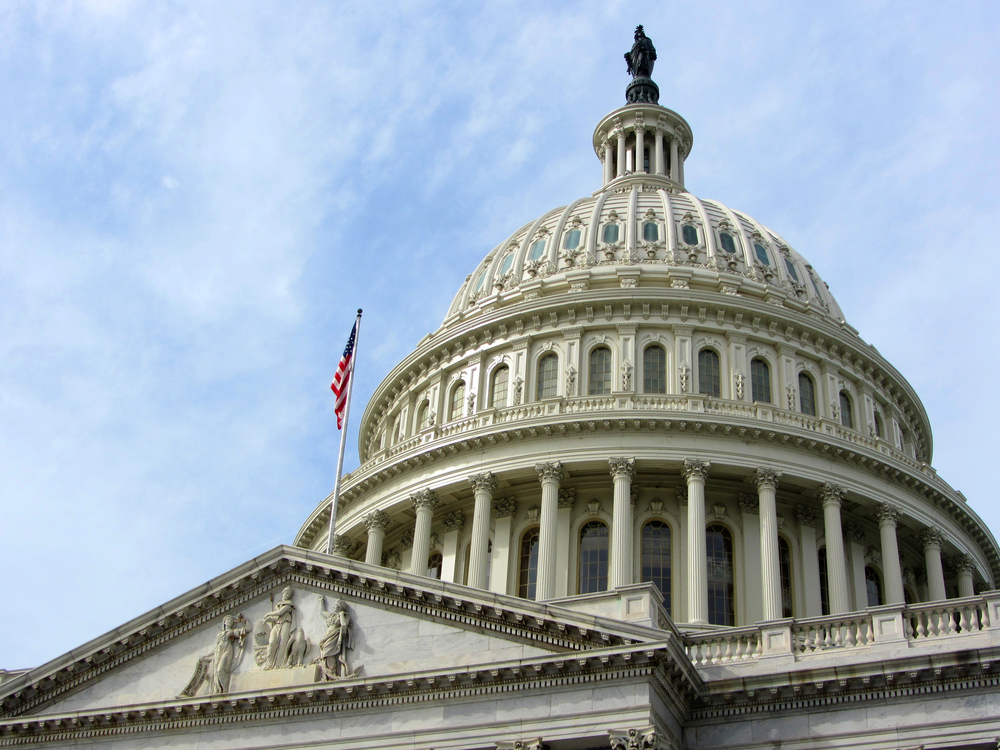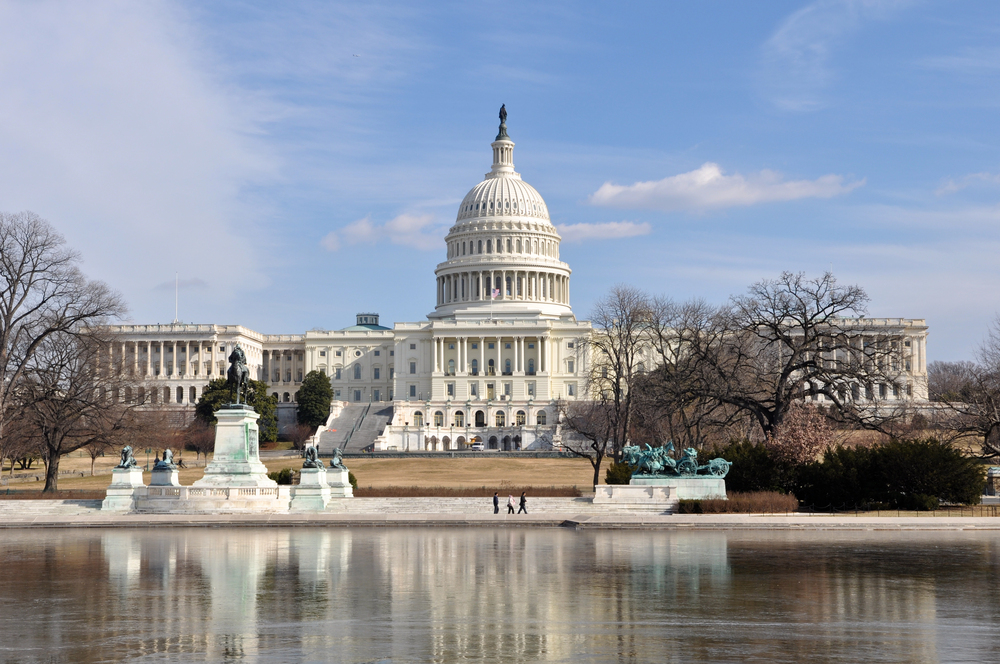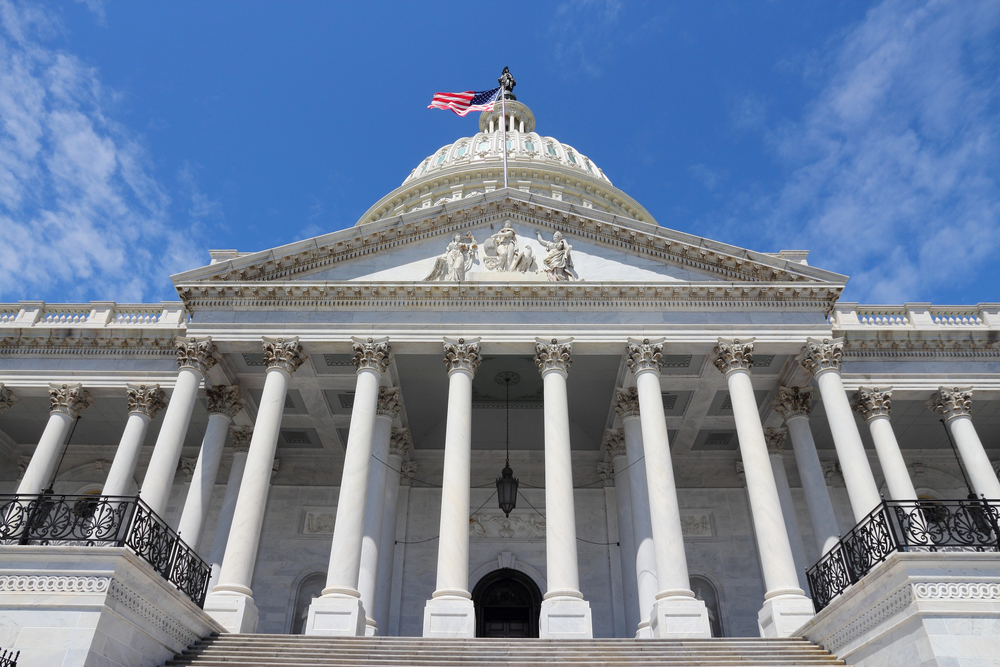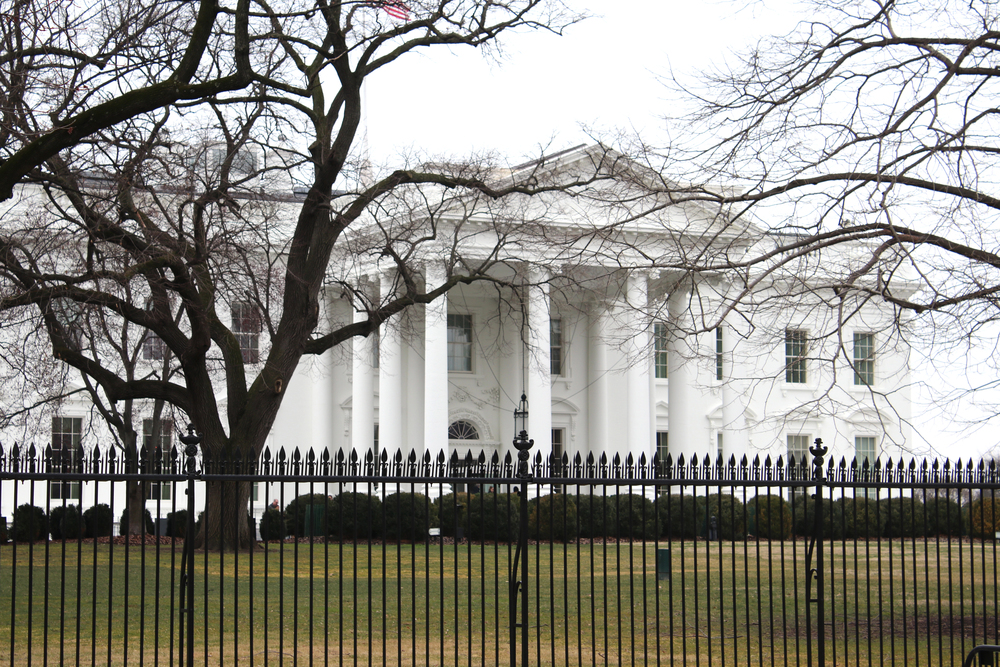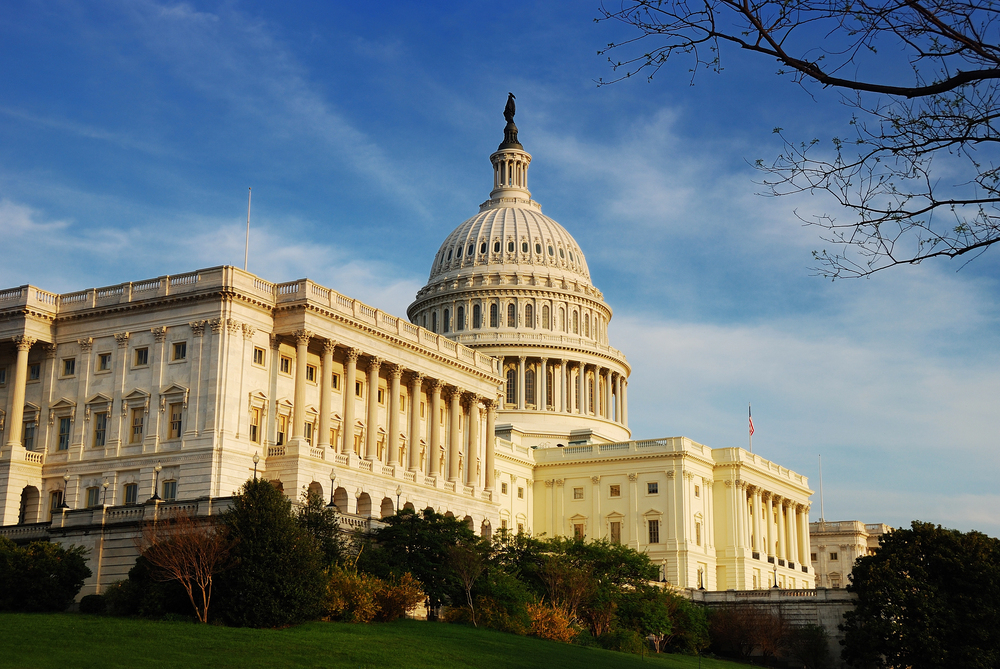Schumer, Manchin Reach Agreement on Reconciliation Package
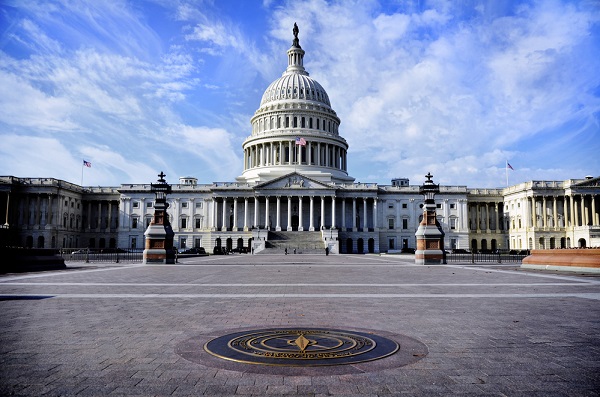
By: Wyatt Stewart
U.S. Senate Majority Leader Chuck Schumer (D-New York) and Sen. Joe Manchin (D-West Virginia) reached an agreement on a tax, energy and health care package. Democrats in the U.S. Senate are hoping to pass the “Inflation Reduction Package of 2022,” using the reconciliation process.
Senate Democrats are hoping to pass the legislation as soon as this weekend and then send it to the U.S. House of Representatives for a vote next week. In order for congressional Democrats to meet this timeline, they still need to get Sen. Kyrsten Sinema (D-Arizona) on board. Notably, Sen. Sinema has yet to make any public comments on the Schumer-Manchin deal.
In good news for independent agents, the legislation did not include any of the potential small business tax increases that the Big “I” advocated against for the last 19 months.
In total, the package would spend $433 billion, including $369 billion on energy and climate change programs. It would spend another $64 billion to extend Affordable Care Act subsidies for another three years.
Meanwhile, the legislation is estimated to raise a total of $739 billion. The bill would raise $313 billion from a 15% corporate minimum tax. The corporate alternative minimum tax (AMT) proposal would impose a 15% minimum tax on adjusted financial statement income for corporations with profits in excess of $1 billion.
The bipartisan Joint Committee (JCT) on Taxation estimated this provision could raise up to $16.7 billion in revenue from those making under $200,000 as the JCT assumes companies would pass along part of their tax increase to employees by reducing their after-tax wages and job opportunities. Additionally, this estimate takes into account that shareholders would likely take a hit since the value of their stock holdings, including those held in pensions and mutual funds, would likely decline.
The legislation is also estimated to raise an additional $288 billion in prescription drug pricing reform that would allow Medicare to negotiate drug prices. This provision would also cap Medicare patients out of pocket expenses at $2,000 per year.
Lastly, the legislation would raise an additional $124 billion through stricter IRS tax enforcement and raise $14 billion by closing the carried interest “loophole” that allows private equity and hedge fund financiers to pay the lower capital gains tax rate on much of their income, instead of the higher income tax rate paid by wage-earners.
In a big win for the Big “I,” the legislation does not include a tax increase on small businesses that had been in a potential agreement just weeks ago. The provision would have expanded the 3.8% net investment income tax (NIIT) to include taxpayers who actively participate in their business and have adjusted gross income in excess of $400,000—or, in the case of a married taxpayer filing a joint return, $500,000. Currently, the NIIT only applies to passive income. The Big “I” advocated against the provision and sent an opposition letter to Congressional leadership just two weeks ago.
In addition to the exclusion of the NIIT expansion, the legislation did not include any of the most onerous tax provisions that democrats had been considering over various points during the last 19 months. These provisions included capping or eliminating the 20% small business deduction; increasing tax rates on Big “I” members both on the corporate side and the individual side, which would impact Big “I” members organized as pass-through businesses; increasing the capital gains tax; and making changes to stepped-up basis. The Big “I” worked against these tax increases on our membership.
As the reconciliation package continues to make its way through Congress, the Big “I” will continue to update members on its progress.
Wyatt Stewart is Big “I” assistant vice president of federal government affairs.

